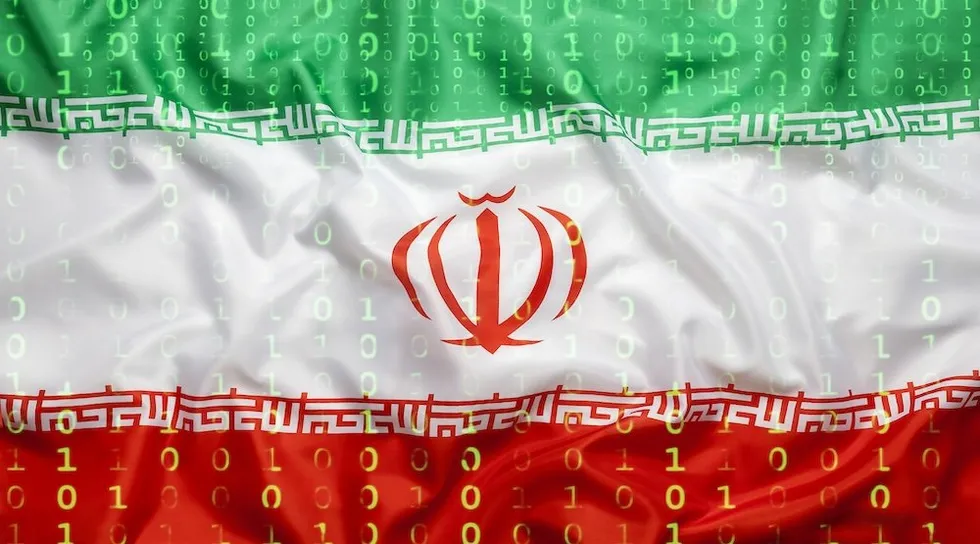Israel just had its Cold War moment — and came out on top | Blaze Media
Israel’s Operation Rising Lion, alongside the U.S. strikes on three Iranian nuclear facilities, has eliminated the threat of a nuclear Iran. Just weeks ago, the threat of nuclear weapons in Iran loomed large and seemed inevitable. The world is now unquestionably safer.
If there were any doubt of Israel’s capabilities, this operation has burnished the Israeli military’s reputation as first-class when it comes to lethality and intelligence tradecraft.
The strikes on Iran open up a new door for Israel — one that moves its priorities from defending against existential threats to a role as global peacemaker.
Operation Rising Lion also showcased the close partnership between Israel and the United States. In President Trump’s address following the U.S. strikes on Iranian nuclear facilities in Fordow, Isfahan, and Natanz, he explained that Israel and the U.S. worked “as a team like no team has ever worked before” to ensure that Iran does not obtain a nuclear weapon.
With its top strategic threat neutralized — a threat that shaped Israeli military planning for decades — Israel now has an opportunity it hasn’t had in its modern history. Since it is not consumed solely by existential concerns from Iran, it can now re-evaluate its foreign policy goals and consider how to build on this achievement, which advances not only Israeli and American security but global stability.
Of course, the Iranian regime has not said its final word on the matter. President Trump and his team will likely proceed with negotiations to obtain Iran’s commitment to abandon its quest for a nuclear weapon. Moreover, as Trump has repeatedly clarified, should Ayatollah Khamenei make any moves to rush toward a nuclear weapon, military options remain on the table for the United States.
But last month’s historic military milestones have undeniably produced a new geopolitical reality. The Iranian regime — stripped of its top commanders and nuclear scientists and without many military capabilities — is now a shell of its former self. For all the relief and celebration this historic moment brings, it also presents Israel with a new challenge — not unlike the one the United States faced after the Cold War.
Israel's top strategic threat has suddenly disappeared.
From survivor to peacemakerToday, Israel can reassess its national ethos, which for the past 77 years has focused on survival. Through Operation Rising Lion, Israel has achieved the unthinkable. The nation now has the chance to think not only in terms of immediate threats, but of long-term opportunity.
Israel certainly continues to face enemies who seek its destruction. Iran and its proxies, even in their weakened state, remain a serious threat and are determined as ever to strike, with or without nuclear weapons. But the region now faces a power imbalance that could work in Israel’s favor. As in the post-Cold War era, when nations aligned themselves with U.S. power, more countries in the Middle East may now prefer to join “Team Israel” than to stand against it.
Even before Oct. 7, Israel had established itself as a global force. As Putin began escalating his invasion of Ukraine, European nations quickly became consumers of Israel’s military technology, particularly its air defense systems. After the success of the Abraham Accords, Israel emerged as a leader in extending economic benefits across the global South through its role in the India-Middle East Economic Corridor. The technological ventures and scientific discoveries of the “startup nation” have contributed breakthroughs to medicine, travel, and communication, among other industries.
Israel’s vigilance must continue. But the success of Operation Rising Lion opens a door for a new phase in its global role — one in which Israel embraces the responsibilities of a peacemaker.
Though this may sound like a lofty ideal, Israel — like the United States after World War II and the Cold War — has a track record. Israel’s ability to do so depends on its teamwork with the world’s top force for good and peace: the United States.
Three strategic regionsGiven its small size and the volatility of its region, Israel will have to choose carefully where to engage. But there are three scenarios where its role as a peacemaker is not only viable but strategically beneficial.
The first is in Syria. Capitalizing on President Trump’s newfound relationship with Ahmed al-Sharaa during his visit to the Middle East in May, al-Sharaa has already had a team meet with an Israeli delegation in Azerbaijan.
Moreover, al-Sharaa opened Syria’s skies to Israel during its operation against Iran. Israel can assist al-Sharaa as he faces the challenge of centralizing control in Syria and securing the Levant area.
RELATED: After the bombs, Iran sharpens its digital daggers

The second is in Ukraine. With its large Russian-speaking population and unique position in regional politics, Israel can serve as a mediator between the United States and Russia. This could also help the U.S. apply pressure on Iran, Russia’s key military supplier.
The third opportunity lies in Europe, particularly in deepening cooperation with NATO members. Israel not only brings top-tier military technology to the table but can also collaborate on countering Iran’s influence on the continent.
Israel’s ‘post-Cold War’ momentIsrael will need to continue its military operations in Gaza, in the West Bank, and in the north. It must continue to track and anticipate how and where the Iranian regime will escalate conflict, as it inevitably will, whether incrementally or in more overwhelming provocations.
Building on its new record of world peace, Israel can invest in new partnerships and forms of cooperation that position it not only as a survivor in a tough neighborhood but also as a bridge to a better future for its region and beyond.